How is the chemical corrosion resistance of aluminum plate protective film
2025-06-30
Chemical Resistance of Aluminum Plate Protective Films
The chemical corrosion resistance of aluminum plate protective film is affected by many factors such as material, glue type, and process.
1. Material Comparison
- General acid and alkali resistance
- Stable performance in short-term contact with dilute acid/alkali
- May swell and rupture in strong acid/alkali or long-term immersion
- Strong chemical corrosion resistance
- Tolerant to most organic solvents and acid/alkali solutions
- Ideal for chemical and electronic applications
Example: PET films effectively protect aluminum plates during processing with alcohol and detergents.
2. Adhesive Types
| Adhesive Type | Chemical Resistance | Best For |
|---|---|---|
| Natural Rubber | Moderate | General purpose |
| Acrylic | Excellent | Chemical environments |
- Minimal reaction with common chemicals
- Better adhesion to aluminum surfaces
- Longer-lasting protective effect
3. Manufacturing Processes
- Enhance molecular structure stability
- Improve chemical resistance
- Extend service life
- Creates more durable film structure
- Higher chemical stability
- Better performance in harsh environments
4. Selection Guidelines
- Type of chemicals in environment
- Chemical concentration levels
- Expected contact duration
- Temperature conditions
Conduct small-scale corrosion resistance tests before full application to verify protective film performance.
- Identify potential chemical exposures
- Select appropriate film material and adhesive
- Consider special processing if needed
- Perform verification testing
- Monitor performance during use
You Might Also Like
-
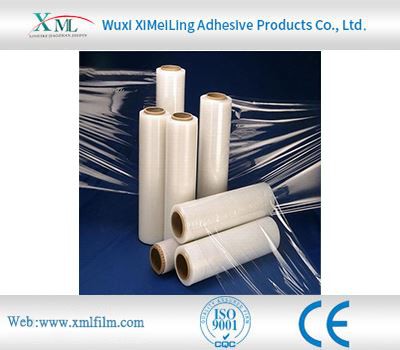
How to Remove Protective Transparent Plastic Film Without Damaging the Surface
-
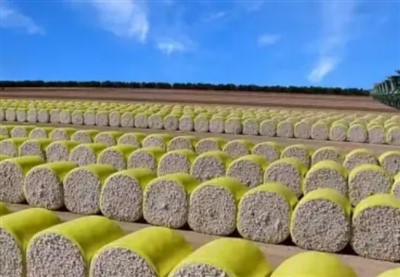
what are the advantages of cotton packaging film
-
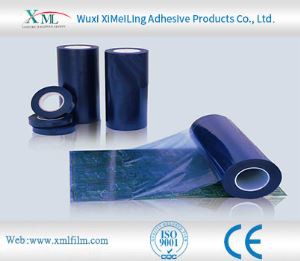
How does pe protective film cope with high temperature environment
-
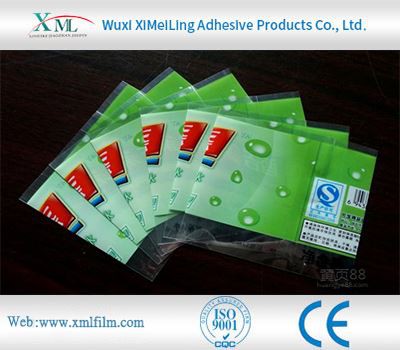
How Polyethylene Packaging Material Copes with High Temperature Environment
-
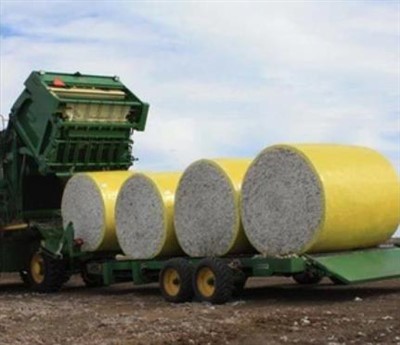
The Advantages of Cotton Wrap Film
-
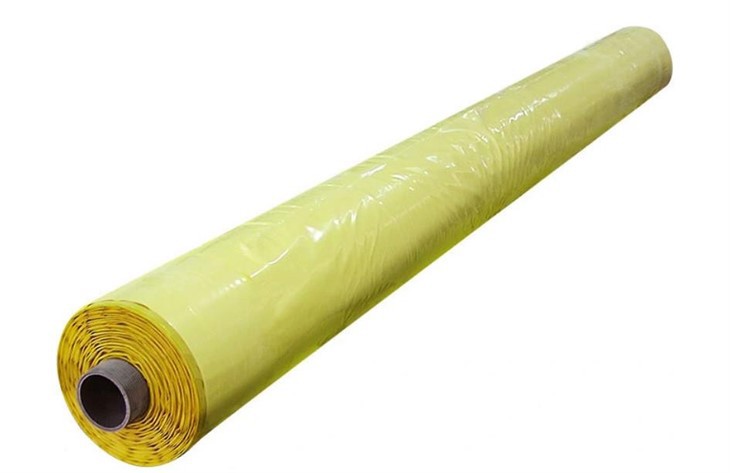
Advantages of Cotton Bale Wrap Film
